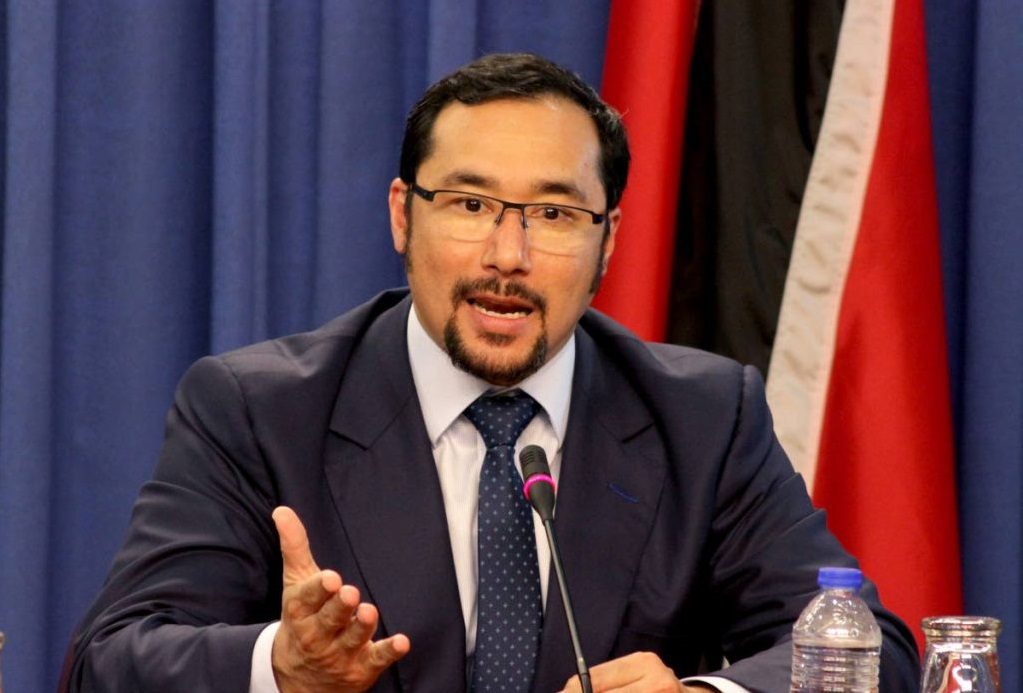While some leading experts and institutions across the world have called on nations to quickly transition to cleaner sources of energy, particularly renewable options, Trinidad & Tobago is insisting that it will adhere to this call on its own terms. According to its Energy Minister, Stuart Young, the CARICOM founding member will do so using natural gas as its main vehicle.
Upon noting this, he urged other nations to refrain from having natural gas be the centre of negative conversations as its benefits during the energy transition period are practically unquestionable.
Mr. Young outlined this firm stance at the 23rd Ministerial Meeting of the Gas Exporting Countries Forum (GECF) held virtually on Tuesday.
He noted that natural gas is touted for its potential to reduce emissions by edging out, for example, coal as an electricity source and diesel as truck fuel. He noted however that the appeal of this cleaner, abundant fossil fuel source has received negative reviews in recent times, as the world seeks to transition to greener energy in efforts to mitigate the growing effects of climate change.
The T&T energy minister posited, “We all recognise and accept that global climate change is an important facet and a problem that we are facing but we must not let natural gas, and its by-products be caught up in the negative conversations.”
He emphasized natural gas’ versatility in usage—whether in the generation of power, and as fuel or feed—noting that it will continue to play an integral role in the energy transition and the economy for the Twin Island Republic as with other nations. And those very countries touting its use, he pointed out, have to lead the charge to change the natural gas conversation.
“It is my call to you today to let us join together to have our voices heard now globally, to step into the void and tell the world that gas is here to stay, that gas is the cleanest of the hydrocarbons,” he stated.
“We must strive to lead the conversation about the benefits of gas and the longevity of gas; it will be here to stay as the globe’s energy needs expand and increase,” Mr. Young stated.
Though it remains cognizant of the present transition to a low carbon economy; Trinidad and Tobago, much like Guyana is seeking to optimize the monetization of its natural gas resources.
And the Caribbean nation has been playing its part in the fight against the climate crisis, according to Mr. Young who assured that it will continue along that path by engaging in decarbonisation efforts which are centered on adaptation and mitigation strategies meant to significantly reduce the country’s Co2 emissions by 103 million tonnes by 2030.
He said these include Trinidad’s first major renewable projects based on solar power, carbon capture, and sequestration and the development of a hydrogen policy.
Over in Guyana, the government has outlined an ambitious plan in its expanded Low Carbon Development Strategy (LCDS) which provides a three-pronged approach for sustainable energy transition by 2030.
A main pillar outlined in that draft plan is the transition from Heavy Fuel Oil (HFO) to natural gas which would result in a significant slash in the country’s electricity costs as it transitions to renewable energy.



